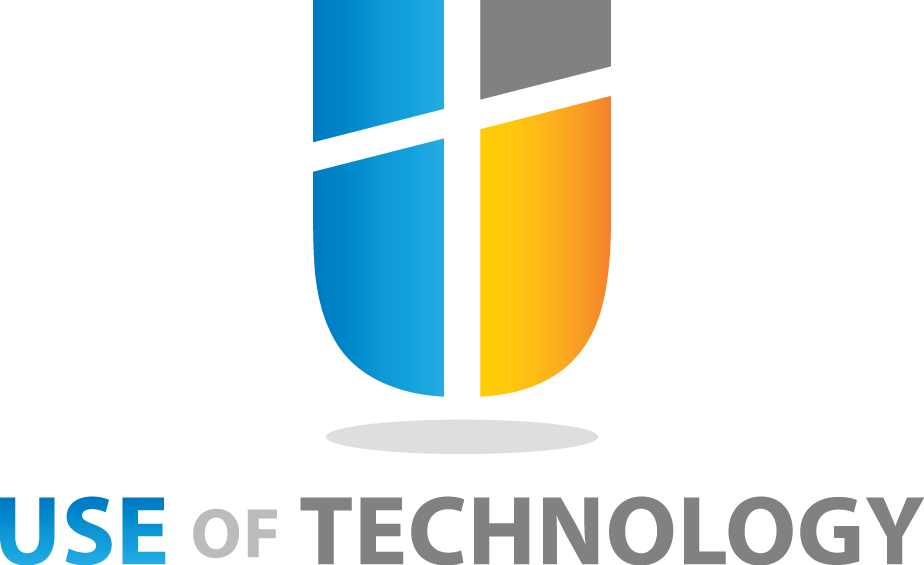The government of South Korea once again proved how serious they are when it comes to self-driving cars when they unveiled the plan to open their K-City. The opening is even scheduled for this year’s October, and it’ll be the largest test bed for autonomous cars in the world. But the K-City isn’t just big, it’ll allow anyone who wishes to repeat their test to also try out many different road environments or possible scenarios.
In last November, the government had given their permission to car companies to openly try out their self-driving systems across the country. Now, they’re providing them with a city-sized testing ground, and many of the biggest companies are expected to use this place to refine their tech. The companies that are expected to use the K-City include Naver, SK Telecom, Samsung Electronics, but also car makers like Hyundai Motor Company, as well as Kia Motors.
The K-city is under construction right now, and the model will be based on the system of the Korea Transportation Safety Authority, as stated by the Ministry of Land, Infrastructure & Transport of South Korea. The plan is to make it on the 360,000 square meters, and it’ll have expressways, bus-only lanes, autonomous parking zones and a lot more similar features that’ll provide as realistic terrain as possible.
To build all this, the South Korean government has invested 11 billion won.
According to the Ministry, the K-City’s expressways will be opened in October of 2017, and the rest of the city will have to wait for the first half of 2018. Once the entire place is finished, the companies won’t need government’s permission to test the cars anymore, since they’ll be doing it in the place that’s built in solely for that purpose.
Several experts have pointed out that their opinion is that more professional engineers should be called to work on creating the city. They also suggested platforms used for self-driving data recording and sharing. It’s their belief that the data that’ll be obtained within the K-City can be utilized for things like car insurance, or perhaps future urban planning, and not only for car development, or fixing the self-driving systems.
Also, the experts have also said that the smaller companies should be allowed to enter and test their tech too. Even the startups could help with reducing some of the problems through communication as well as their own mobility services, software and alike. Even though it’s still a race when it comes to who’ll put their vehicles on the streets first, it’s still important to bring them as close to perfection as possible, and everyone who can contribute in any way should be allowed to try and do so.

